Indigenous Governance Database
plenary power
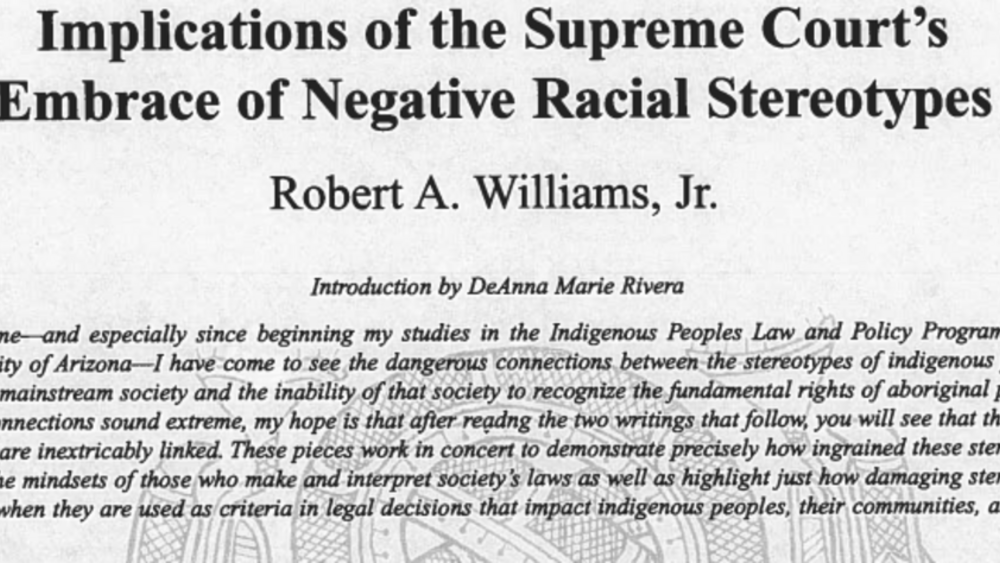
Implications of the Supreme Court's Embrace of Negative Stereotypes
The issues surrounding Native stereotypes should not be dismissed or diminished as merely "surface" problems. "Indian" stereotypes go to the core of the legal, political and economic struggles that Indigenous peoples confront in their work to preserve and strengthen their respective cultures and…
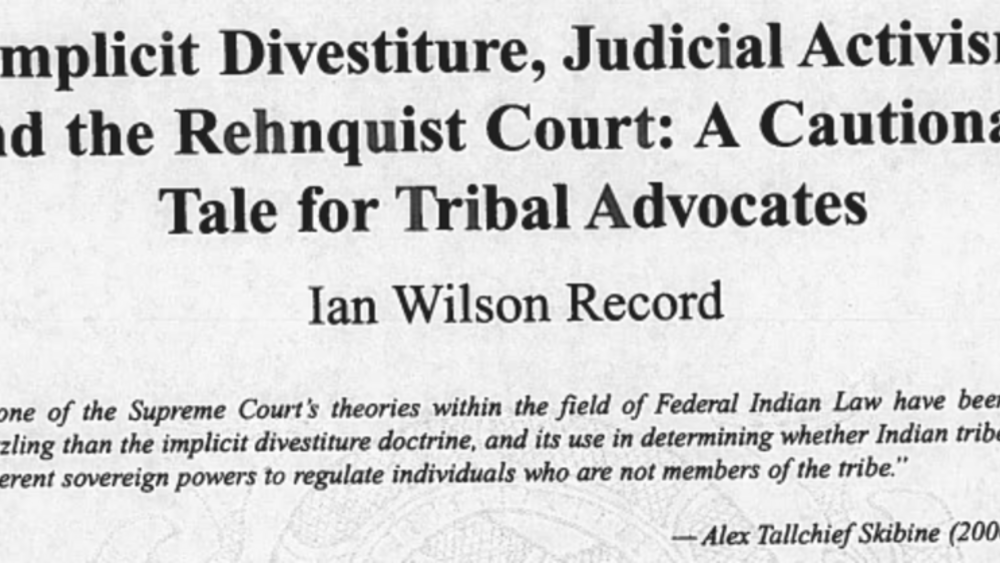
Implicit Divestiture, Judicial Activism and the Rehnquist Court: A Cautionary Tale for Tribal Advocates
Many tribal advocates have likened the legal corpus known as Federal Indian Law to a pendulum that swings back and forth under the forceful hand of the United States government and its political inclinations at any given moment. While this swinging pendulum has brought great uncertainity and…
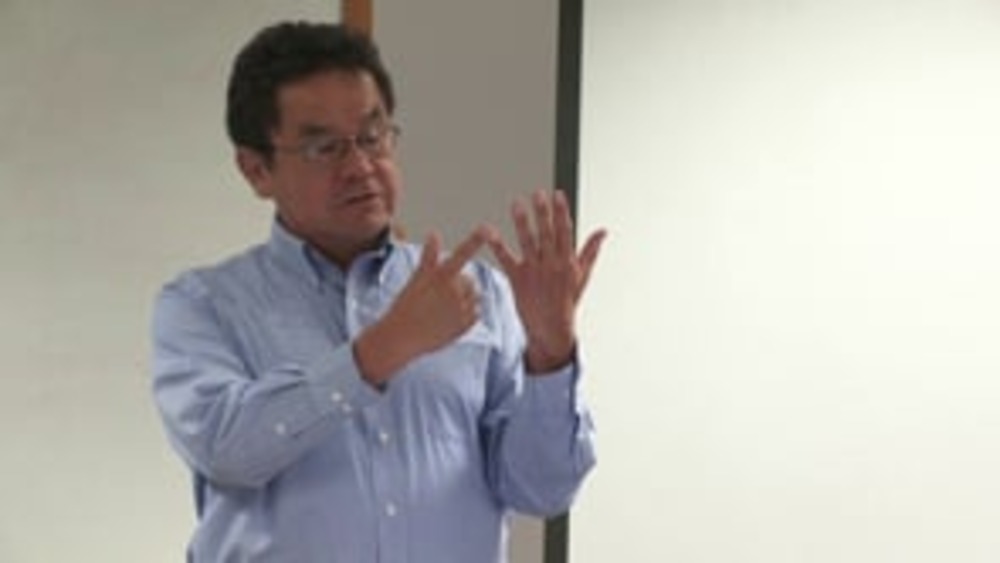
John Petoskey: Tribal Sovereign Immunity and the Michigan v. Bay Mills case: What the Future Likely Holds and How Native Nations Should Prepare
In this lecture for faculty and students of the University of Arizona's Indigenous Peoples Law and Policy Program, NNI Indigenous Leadership Fellow John Petoskey provides a comprehensive background of the Michigan v. Bay Mills case currently pending before the U.S. Supreme Court and discusses what…
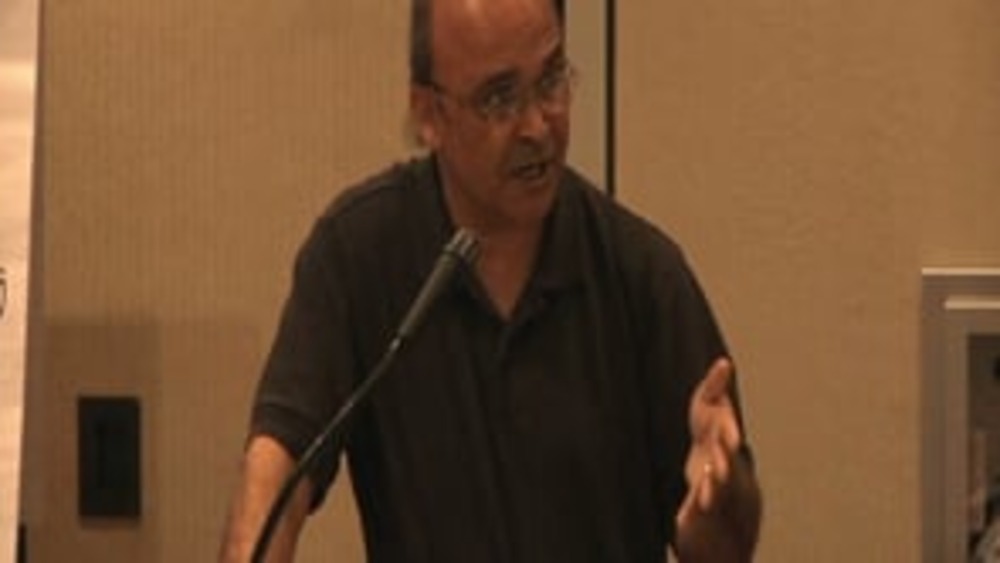
David Wilkins: Patterns in American Indian Constitutions
University of Minnesota American Indian Studies Professor David Wilkins provides a comprehensive overview of the resiliency of traditional governance systems among Native nations in the period leading up to the passage of the Indian Reorganization Act (IRA), and shares some data about the types of…

Dismembering Natives: The Violence Done by Citizenship Fights
Outside Indian Country most don't realize that over the past 10 years, several thousand people have had their tribal citizenship status terminated. Most were not dismembered for wrongdoing or adopted by other Native nations. They were simply identified by their elected officials as allegedly no…
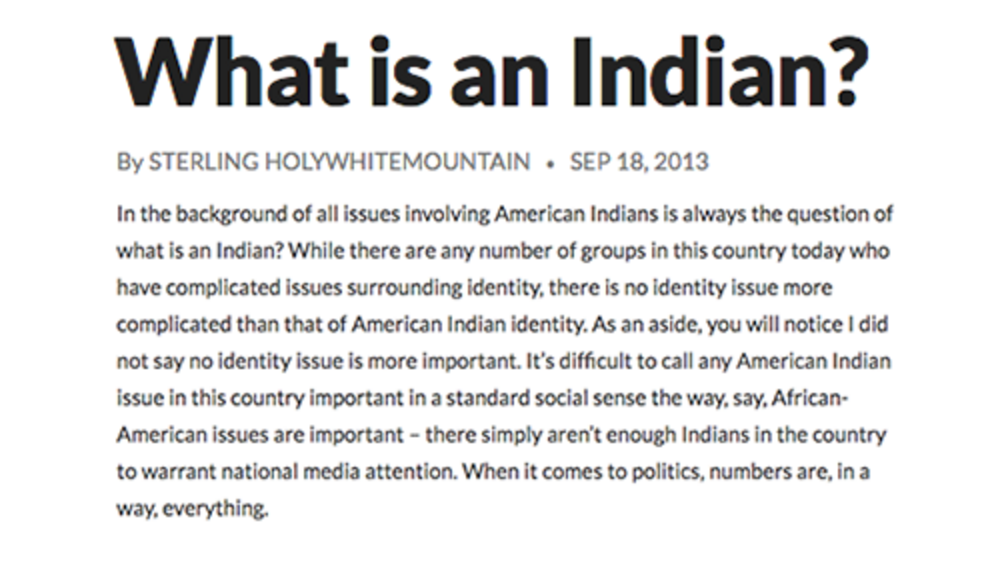
What is an Indian?
In the background of all issues involving American Indians is always the question of what is an Indian? While there are any number of groups in this country today who have complicated issues surrounding identity, there is no identity issue more complicated than that of American Indian identity. As…
